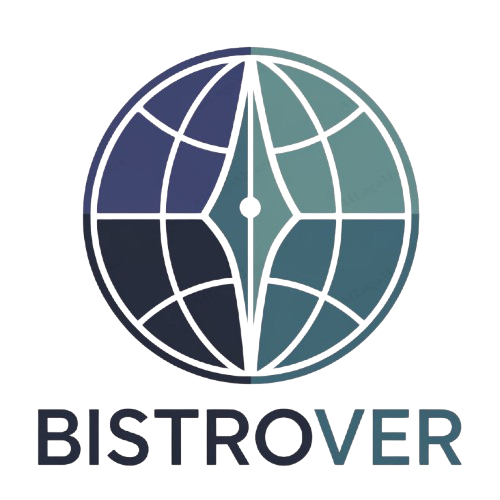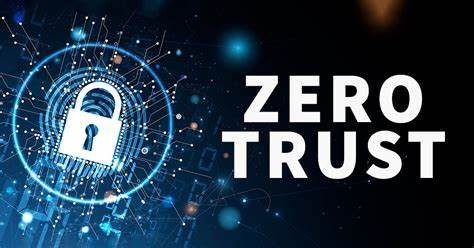The Importance of Pre-Employment Testing: Ensuring Skill, Fit, and Integrity in Hiring
A study found that 78 percent of job applicants either lie often in the resume or have considered doing so. It is scary enough as to why hiring companies should make pre-employment testing their primary consideration, more reliable and objective than some applicants’ credentials or experience.
Pre-employment testing must be conducted as part of the hiring process by the recruiting team in order to analyze the aptitude and skills of the applicants. These tests identify the degree of cognitive ability, mastery of skills, and reactions to given real-life situations on the test-taker’s part. Pre-employment tests demonstrate to what extent skill exists and cultural competence.
Why Are Pre-Employment Tests Crucial In Recruitment?
Companies dealing with staffing use pre-employment tests to ensure that the candidates chosen are best suited for the job and are a right fit for the company. One of the biggest recruiting challenges every recruiter faces is identifying people who have the right skills, proper training, and experience to accomplish vital jobs. Recruiters spend all their hours screening, interviewing, and evaluating applicants. Otherwise, they could hire unqualified applicants.
Pre-employment tests, though, alleviate these concerns. These tests help in shortlisting candidates who possess relevant skills besides:
Reduce The Hiring Cycle Time
Talent testing has several obvious benefits, one of which is a faster hiring cycle. These pre-employment assessments efficiently test the applicant’s skills. Hence, less time and energy than is typically taken in the screening stage will be spent.
Upgrades The Quality Of Recruitment
Pre-employment testing consists of questions sourced based on the skills and aptitude needs to be tested. These questions appraise the sophisticated skills of applicants and help establish whether they suit the job and the organization, thereby helping recruiters by allowing them to make more informed hiring decisions.
Enables Unbiased Hiring Decisions
Roughly 96 percent of recruiters say unconscious bias remains an active element in hiring. Pre-employment assessments are the most effective tactic. These tests focus on the talents and personality characteristics of a candidate instead of gender, background, or demographics. They ensure that the right skilled people don’t get rejected.
Decrease of Employee Turnover Rate
Pre-employment tests would enable the hiring managers to get to know more about the candidates’ work styles, how they wish to be communicated with and their attitudes. These traits can be applied to authenticate the cultural alignment of applicants. Organizations that screen during pre-employment report having a turnover 39% below the market average.
Enhance Candidate Experience
Pre-employment testing is beneficial to the candidate as well as the recruiter. These tests are usually tailored for the purpose of the job, the organization’s requirements, and the amount of work that the candidate will be expected to do after joining the organization. The questions will help the candidate decide whether or not this is the right job for them by giving them an overview of the work environment.
Types of Pre-employment Testing
Pre-employment testing is definitely one of the critical aspects of the modern recruitment process. In the modern world, almost every employment requests applicants to undertake an evaluation test in order to determine their suitability and relevance for the job.
However, is one assessment good enough to finalize whether the candidate is suitable for the post? Recruiters, rather, have to gauge how well a candidate fits the profile based on the job, level, and responsibility. Sometimes, one assessment is enough; however, at other times, many tests are sometimes necessary.
Around 65% of recruitment managers scrutinize candidates carefully during the interviewing process by conducting a series of tests. Therefore, here is a compilation of pre-recruitment assessments that human resource managers can use to gauge the candidate’s skills and personality:
Testing Of Skills Specific To The Job
The questions on the tests of job-specific skills are role-specific. Such an assessment aspires to know whether a candidate knows a particular area relevant to the role or not. More than 52% of recruiters try to assess prospects in terms of abilities specific to the position before choosing applicants for interviews.
The level of the role determines how hard it is. For instance, the assessment for the post of junior developer will ask questions at the primary and intermediate levels. However, the questions for the senior software engineer post are very hard.
Personality Tests
Candidate characteristics are represented and the character of the candidate is evaluated with the help of personality questionnaires. These evaluations measure a person’s response to certain situations. The workers who work as customer service employees are directly dealing with the customers. How they utilize call center software to listen to client inquiries and how seriously they solve problems to enhance the reputation of an organization. Personality tests are very effective for those jobs that are so customer-centric.
Assessments On Culture Fit
Employers should ensure that they respect the policies and procedures that each company has put in place. Evaluations of an individual’s potential cultural fit are conducted in order to ascertain whether an individual may conform to company values. Evaluations of a candidate’s readiness for the culture are conducted by asking questions concerning his perfect workplace, previous challenges that he has faced, and how he resolves these. Based on these questions, recruitment firms can determine if a candidate can effectively contribute and, hence, perfectly fit the cultural values of an organization.
Measurements Of Cognitive Ability
Since cognitive ability tests probe deeper into the thought process and problem-solving capabilities of the candidate than job-specific skill tests, they are far superior. 37% of recruiters use cognitive ability testing; such tests are especially important for jobs requiring creative thinking.
Testing Of Hard And Soft Skills
Scores of soft skills gauge the non-technical skills of a candidate, such as communication, inquisitiveness, passion, and honesty. Tests for hard skills, on the other hand, are functional on specific technical talents like having skill in any foreign language, typing, programming language knowledge, and all other skills relating to a specific job.
Despite using virtual coding exams when hiring tech talent to ensure they assess their coding ability, there still exist speaking tests in the assessment to help determine how well the candidates can communicate orally. Answers from the candidates are written down and scrutinized to determine their qualifications.
The Bottom Line: Pre-Employment Testing As Best Means Of Identifying Exceptional People
Applicants scoring highly in all aspects of requirements and exceeding corporate goals and manager expectations are precious assets to the company. Pre-employment testing is the best means of identifying such exceptional people. Such tests are understood to be a valid tool for examining applicants’ skills and suitability for the organizational environment as well as in terms of a job description. Therefore, the effectiveness of pre-employment tests should be used, and the candidates who are best suited for the job should be employed before taking up the other crucial stages.







